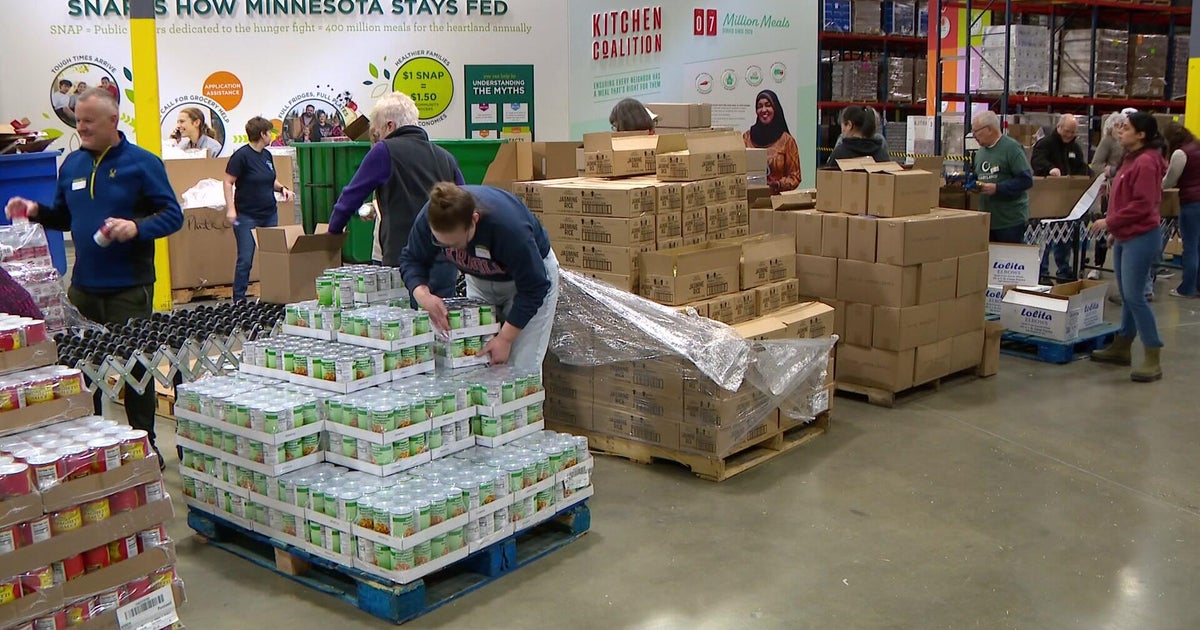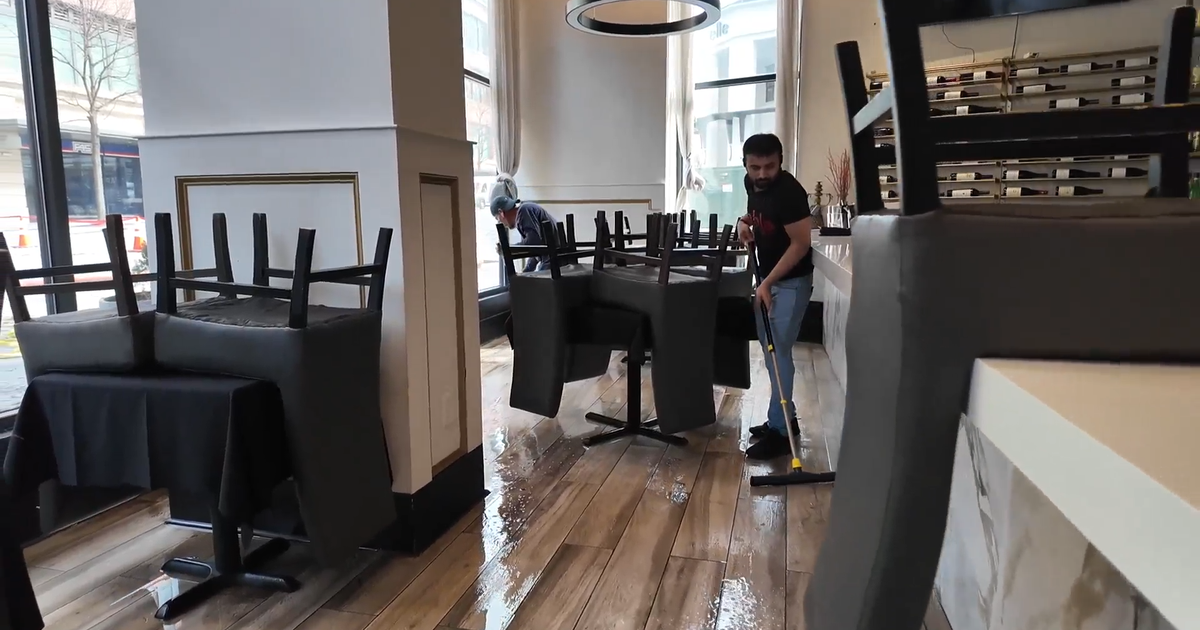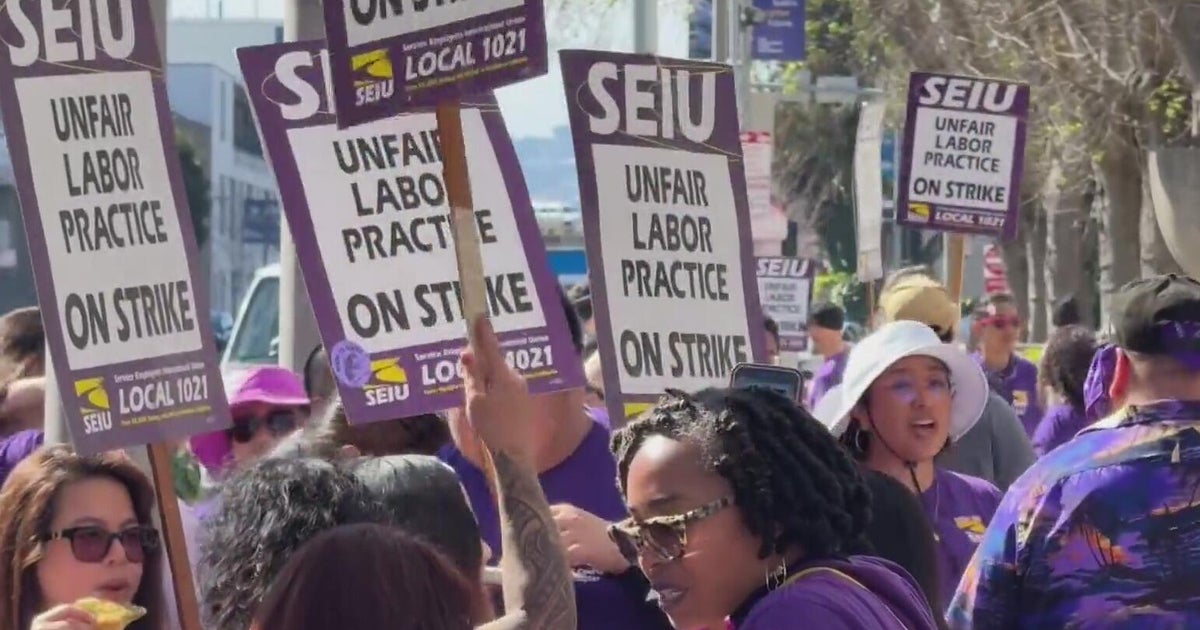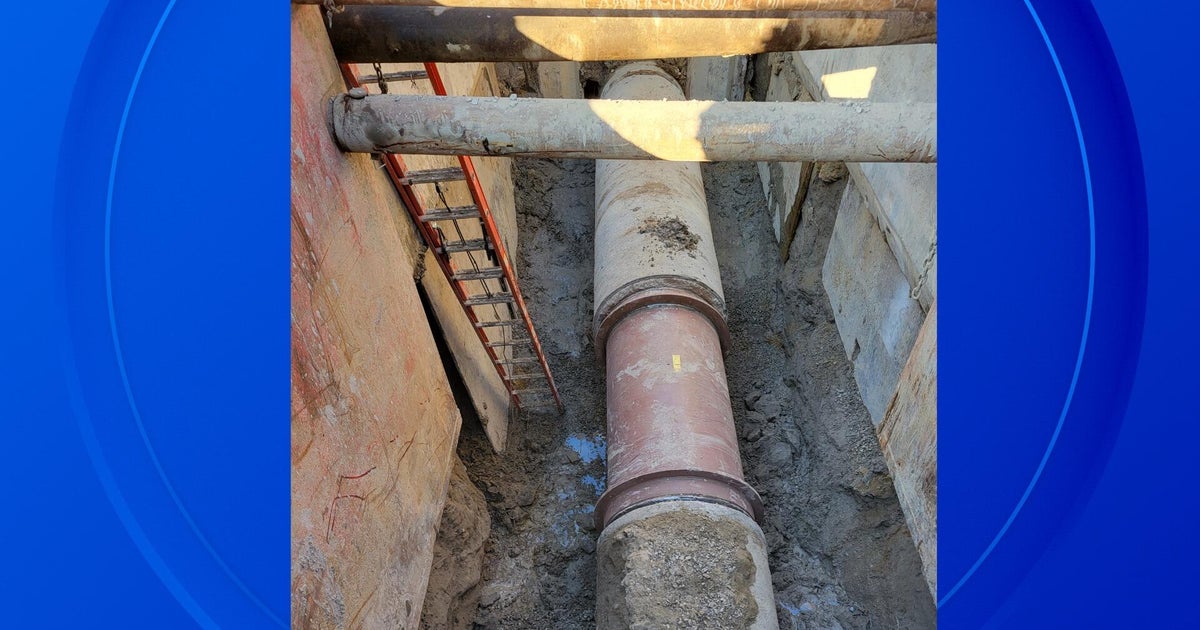Report: Sandy's Fallout Affecting Small Business In Tri-State Area
LONG BEACH, N.Y. (CBSNewYork/AP) -- When Long Beach delicatessen owner P.J. Whelan heard the findings of a Federal Reserve Bank of New York poll released Monday on Superstorm Sandy's effect on small businesses, he began nodding in agreement.
"They got those numbers right,'' Whelan said of the results that found a third of small businesses in Sandy disaster areas reported financial losses a year after the devastating storm struck.
Report: Sandy's Fallout Affecting Small Business In Tri-State Area
The findings were from an online poll conducted from Oct. 10 to Dec. 31, 2013.
Report: Sandy's Fallout Affecting Small Business In Tri-State Area
It looked at businesses in New York, New Jersey and coastal Connecticut with fewer than 500 employees in sectors including manufacturing, retail, construction, real estate, leisure and hospitality.
EXTRA: Click Here To Read The Full Report
Of those sustaining economic losses, 22 percent reported they totaled more than $100,000.
Sixty-one percent reported operating at a profit or breaking even.
Claire Kramer Mills of the Federal Reserve Bank of New York said it's clear that small businesses hurt by Sandy are still struggling.
"It's important to note that the firms that we polled, 950 of them, are the surviving businesses," Mills said.
The survey found that it's not necessarily physical damage that's causing the lingering problems, 1010 WINS' Mona Rivera reported
"Not that their business got flooded necessarily, but that they had decreased customer demand," Mill said.
In Long Beach, city officials estimate that 10 percent of its 33,000 residents have yet to return to their homes. In some neighborhoods only a few blocks from the ocean, the whir of chain saws and the thud of hammers are ubiquitous as construction trucks and crews clog the city's streets.
The Federal Reserve Bank found that about a third of the companies polled had no insurance and only a small number owned flood or business disruption insurance. More than half said they covered storm-related expenses out of their own pockets.
That was the case for Whelan and his deli.
"We're centrally located between two bodies of water and the odds of it happening; people just took the odds that it would never happen.''
Whelan said it took him eight months to recover from flooding to his store and spent an estimated $130,000 in savings and personal loans to get back to making egg sandwiches and serving coffee to his customers. Still, because the population is still lagging, he has yet to return to profitability, he said.
"Your costs to put the business back together don't go down, they don't disappear,'' he said. "You still owe your creditors. You still owe your contractors.''
You May Also Be Interested In These Stories:
(TM and © Copyright 2014 CBS Radio Inc. and its relevant subsidiaries. CBS RADIO and EYE Logo TM and Copyright 2014 CBS Broadcasting Inc. Used under license. All Rights Reserved. This material may not be published, broadcast, rewritten, or redistributed. The Associated Press contributed to this report.)







